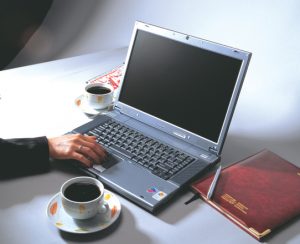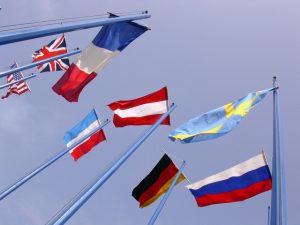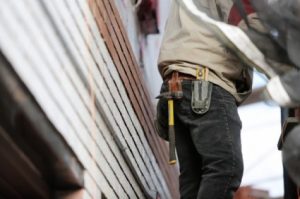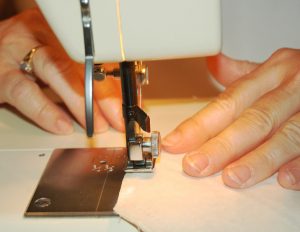A survey of foreign H-1B visa holders working at tech industry employers like Apple, Lyft and Samsung say they’ve been subjected to a significant degree of workplace discrimination ever since the Trump administration made it tougher to qualify for the visas. 
Visa holders say they are assigned to working conditions that dangerous, degrading and often very stressful. Nearly half of visa holders surveyed said they believe they earn less than their co-workers because of their visa status – despite the fact that the U.S. Department of Labor specifically says H-1B visa holders are not to make any less than the prevailing wage set for their role in the area where they work. Technically though, federal law does still authorize employers to misclassify H-1B visa holders as “entry level employees,” so they can earn less. A computer programmer, for example, might earn $40,000 less as an entry-level worker compared to one with experience. Still, that classification defies logic because by definition, H-1B visa holders re supposed to be highly-skilled.
The H-1B visa program allows foreign skilled workers to be brought to the U.S. to work for a limited amount of time. It’s the main way that U.S. companies hire skilled foreign workers. The program, which is already capped at 85,000 employees (less than 1 percent of the U.S. total workforce) has slowed substantially under the current administration’s policy of buying and hiring American. Priority has been given to foreign workers who hold a U.S. higher education degree. This has led to H-1B visa holder workers feeling discriminated against and treated as second-class. Yet workers feel as if they cannot speak up because the H-1B spots are so coveted and their eligibility for the program is specifically tied to employer sponsorship. Continue Reading ›
 Orange County Employment Lawyers Blog
Orange County Employment Lawyers Blog










